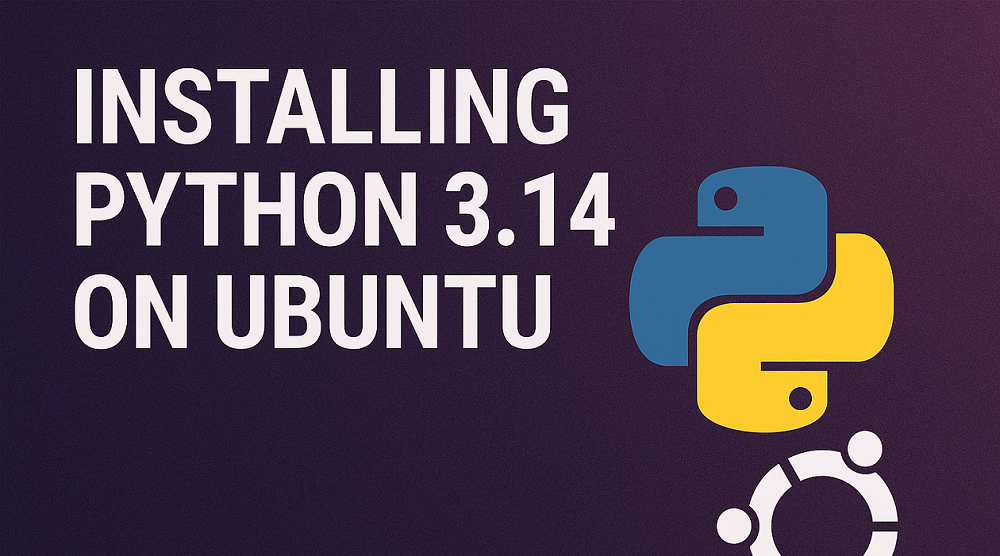When working with large numbers of files in Linux, it’s not uncommon to encounter the error “/bin/mv: Argument list too long”. This error occurs when attempting to move or rename too many files at once, and is a limitation of the underlying operating system. In this article, we will discuss what causes this error, and explore ways to work around it to perform large-scale file operations efficiently and without error. Whether you’re a beginner or an experienced Linux user, this article will provide you with valuable insights into overcoming this common problem.
-bash: /bin/mv: Argument list too long
An argument list too long is a common problem with a bash that can happen when you have long command line parameters or arguments. You start running a script and it throws errors like “invalid command” or “too long”. The reason for this is that the shell is trying to read past the end of your argument list and there is no end of the input pipe to wait for. A system variable ARG_MAX defines the Maximum Character Length of Arguments In a shell command.
The Solution’s
The quick solution is to use xargs command line utility or find command with -exec … {}. Both commands break a large command into more minor and complete the job without errors.
- Solution 1: find with xargs
To solve this issue, you can use the
-print0option with the “find” command and the-0option with the “xargs” command. This will allow “xargs” to handle files with spaces or special characters in their names correctly, and also allow for the processing of large numbers of files without encountering the “Argument list too long” error.Here’s an example:
find . -type f -name "*.txt" -print0 | xargs -0 mv -t ~/Documents - Solution 2: find with exec
Instead of using xargs, we can also use -the exec command. Here find will search files and exec will execute the mv command for each file one by one and move the file to the destination directory.
find . -name '*.txt' -exec mv {} ~/Documents/ \;The default above commands will navigate recursively to the sub-directories. To limit the find to the current directory only use
-maxdepthfollowed by a limit number to sub-directories.find . -name '*.txt' -maxdepth 1 -exec mv {} ~/Documents/ \;
In this example, the -print0 option is used with the “find” command to separate files with a null character instead of a newline, and the -0 option is used with the “xargs” command to specify that input items are separated by null characters. This allows “xargs” to handle a large number of files without encountering the “Argument list too long” error.
Conclusion
In conclusion, the “mv: Argument list too long” error is a common problem when working with large numbers of files in Linux. It occurs when the number of files being passed as arguments to the “mv” command exceeds the maximum limit allowed by the operating system. To overcome this issue, we can use the “find” and “xargs” commands to pass a large number of files as arguments to the “mv” command, or we can use tools like “parallel” or “GNU parallel” to perform large-scale file operations efficiently and without error.
Understanding the causes and solutions to the “/bin/mv: Argument list too long” error is important for anyone who works with large numbers of files in Linux, and will help you avoid frustration and wasted time when performing file operations.



1 Comment
Great info. That will be useful for my website.